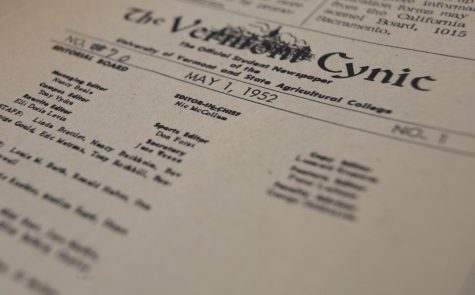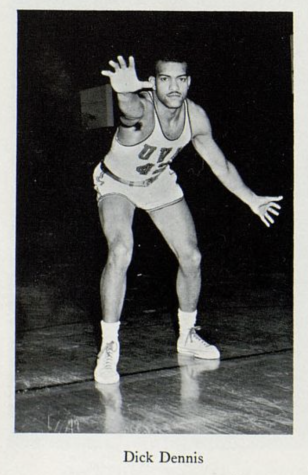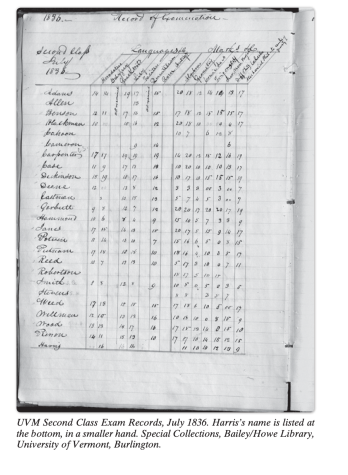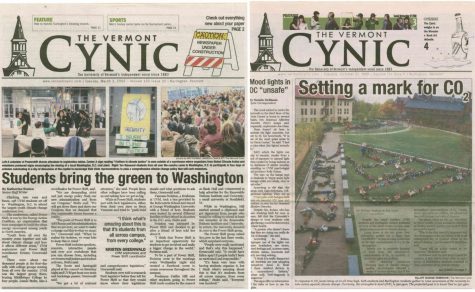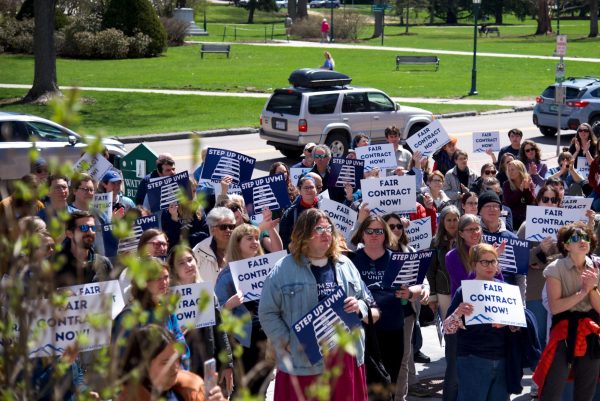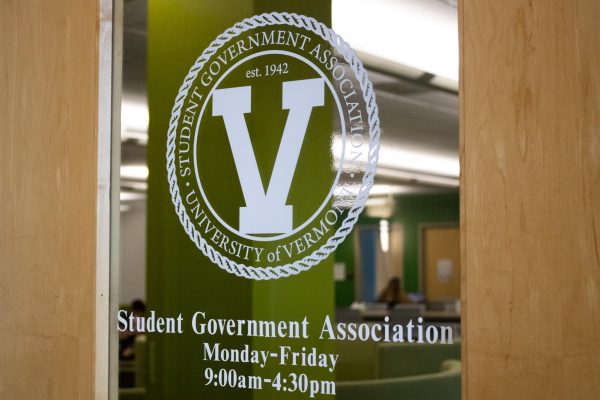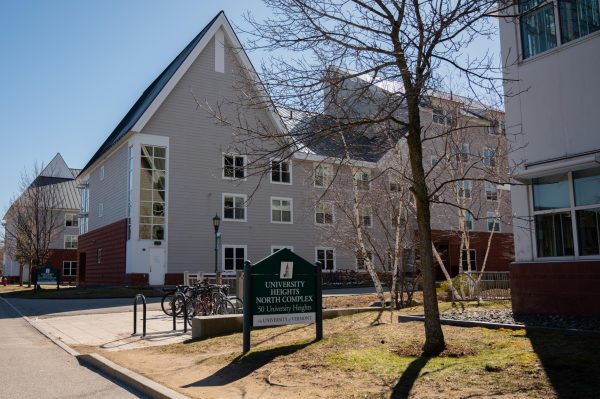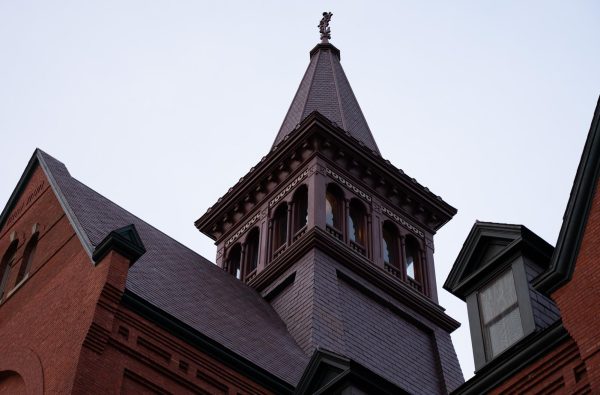Employee steals thousands from students
A total of at least $185,000 was embezzled by a UVM employee over a six-year period ending in late 2012, according to the Burlington Free Press.
Jody Farnham, an employee of the College of Agriculture and Life Sciences, recently pleaded guilty to a federal charge of embezzlement the Burlington Free Press said.
As an employee, Farnham provided administrative support to the Vermont Institute for Artisan Cheese, according to the Burlington Free Press.
The Vermont Institute for Artisan Cheese provides educational, research and consulting assistance to cheesemakers.
It also offers courses and workshops in artisan cheesemaking, the Burlington Free Press said according to the charging document.
The institute aims to help make the cheesemaking industry more self sustaining, and make it more robust, according to Tom Vogelmann, dean of the College of Agriculture and Life Sciences.
According to the Burlington Free Press, Farnham altered the tuition checks of enrollees in the cheesemaking program at the University and made herself a co-payee.
She then deposited the checks into her personal bank account.
In addition, Farnham is accused of embezzling cash tuition payments from enrollees and using UVM credit cards for her own personal purchases, according to Burlington Free Press.
An anonymous letter was received July 17, 2012, “alleging redirection” of registration funds for the institute’s workshops, according to a statement from Vogelmann in a Burlington Free Press article.
After the anonymous letter was received, “we started an investigation of the finances,” Vogelmann said.
According to Vogelmann, UVM auditors received that record, and eventually called upon UVM police to assist with the investigation.
The FBI also assigned an agent to work on the case July 19, 2013.
Farnham resigned Jan. 28, 2013, effective Feb. 15, 2013, Enrique Corredera, a University spokesman, said.
The institute’s losses rose to $243,343, according to Corredera.
Vogelmann attributed recent losses to a drop in the demand for workshops, and he pointed out the institute ran up a shortfall of about $50,000 after the alleged embezzlement had ended.
When asked why the embezzlement wasn’t detected sooner, Corredera said. “Part of UVM’s mission is to foster economic development. Such activity often requires subsidizing programs that lose money but will lead to economic growth. That was the case with VIAC.“
Corredera added that the Vermont Institute of Agriculture’s inconsistent profit and lack of a constant flow of revenue made it difficult to notice the embezzlement.
“It’s surprising to me that someone would do this,” Alison Staffin, a first-year CALS student said.
Contrary to Farnham’s actions, University employees are typically thought of as people who are looking to help students, Staffin added.
There needs to be a higher rigor of security regarding how finances are handled, according to Vogelmann.
A new layer of extra control will be implemented. In addition, extra time and money will be spent on the security of the finances, according to Vogelmann.
The Vermont Institute for Artisan Cheese has now shifted its focus to science and research, mainly regarding issues in food safety, according to Vogelmann.
This research is a “critical need for the cheese industry,” said Vogelmann, due to the fact that there is a shift in clientele, as most Vermont cheese artisans are already sufficiently trained, and most of the artisans at the workshops were from out of state.
“It’s very unfortunate that we had this incident occur, but it’s really a small part of the overall activity,” said Vogelmann.


